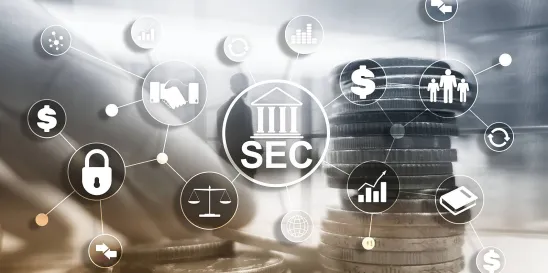On November 1, the U.S. Securities and Exchange Commission (SEC) announced charges against the crypto company SafeMoon and its executive team for “perpetrating a massive fraudulent scheme through the unregistered sale of the crypto asset security, SafeMoon.” In recent years, cryptocurrency fraud, including crypto investment scams, has become a central focus of the SEC’s enforcement efforts.
The SEC alleges that in marketing the SafeMoon token, Safemoon creator Kyle Nagy “assured investors that funds were safely locked and could not be withdrawn by anyone, including the Defendants, while held in SafeMoon’s liquidity pool, a collection of investor funds that provides liquidity to facilitate trading in the asset. However, as alleged, large portions of the liquidity pool were never locked, and the Defendants misappropriated millions of dollars to purchase McClaren cars, extravagant travel, luxury homes, and other things.”
“Decentralized finance claims to deliver transparency and predictable outcomes, but unregistered offerings lack the disclosures and accountability that the law demands, and they attract scammers like Kyle Nagy, who use these vulnerabilities to enrich themselves at the expense of others,” said David Hirsch, Chief of the SEC Enforcement Division’s Crypto Assets and Cyber Unit (CACU).
In 2022, the SEC nearly doubled the size of the CACU staff as part of its increased focus on cryptocurrency fraud. The unit focuses on securities law violations related to crypto asset offerings, crypto asset exchanges, crypto asset lending and staking products, decentralized finance platforms, non-fungible tokens, and stablecoins.
“The U.S. has the greatest capital markets because investors have faith in them, and as more investors access the crypto markets, it is increasingly important to dedicate more resources to protecting them,” said SEC Chair Gary Gensler at the time of the announcement. “The Division of Enforcement’s Crypto Assets and Cyber Unit has successfully brought dozens of cases against those seeking to take advantage of investors in crypto markets. By nearly doubling the size of this key unit, the SEC will be better equipped to police wrongdoing in the crypto markets while continuing to identify disclosure and controls issues with respect to cybersecurity.”
As with all of the agency’s enforcement efforts, the SEC Whistleblower Program plays a key role in exposing cryptocurrency fraud. “Initial Coin Offerings and Cryptocurrencies” is listed among the types of fraud the SEC specifically notes as being interested in receiving information about.
The number of crypto whistleblower tips received by the agency has risen dramatically in recent years. In the 2022 Fiscal Year, 1,719 of the record 12,322 tips received by the SEC related to cryptocurrencies or initial coin offerings. By contrast in 2020 the agency only received 345 such tips.
Through the SEC Whistleblower Program, qualified whistleblowers, individuals who voluntarily report original information which leads to a successful enforcement action, are entitled to monetary awards of 10-30% of the funds collected by the SEC. Since 2010, the SEC has paid out approximately $1.8 billion to qualified whistleblowers.
Individuals considering blowing the whistle on cryptocurrency fraud should first consult an experienced SEC whistleblower attorney.
This article was authored by Geoff Schweller.



 />i
/>i
